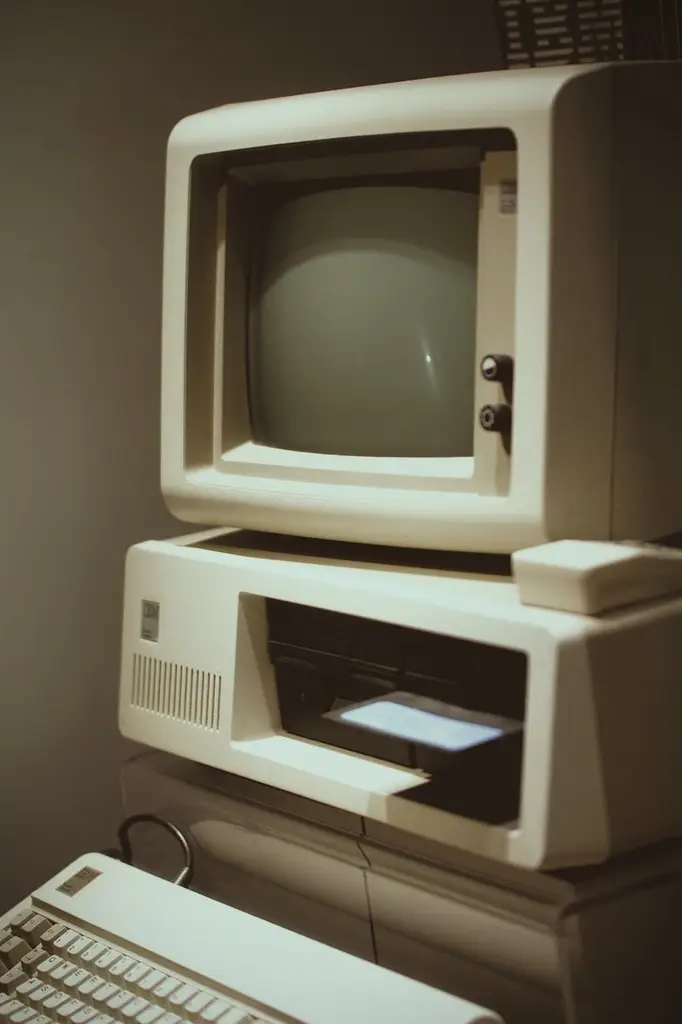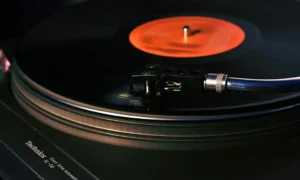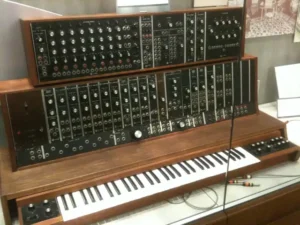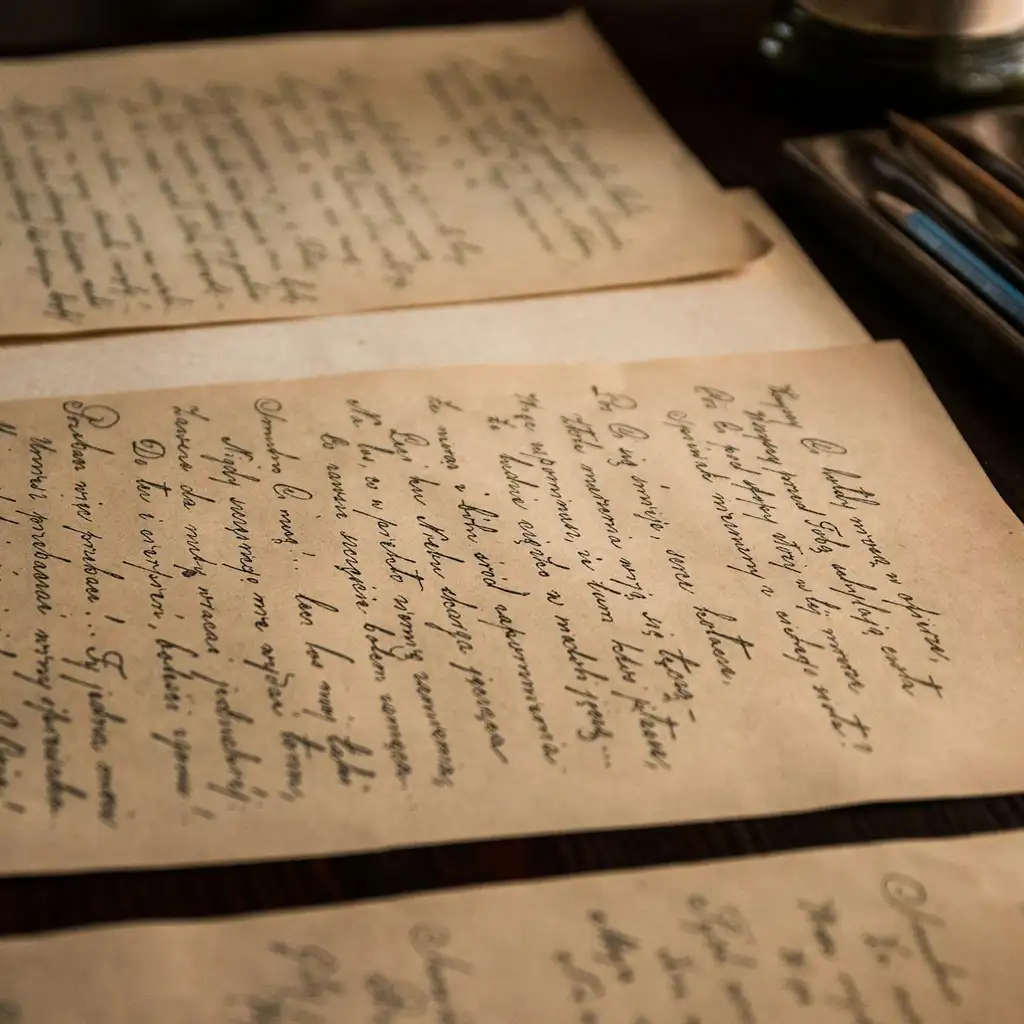When online research yielded no answers, Just Clear’s CEO, Brendan O’Shea, reached out to a computer historian, who identified the Q1 as the world’s first fully integrated desktop computer featuring a single-chip microprocessor. The Q1’s design—resembling a typewriter with a distinct neon-orange plasma display—was a pioneering leap in computing, noted for its high-quality construction and unique aesthetic. Built by the Q1 Corporation in the U.S., very few units ever made it to Britain.
Now showcased at Kingston University’s technology exhibition in Surrey, these Q1 machines join a collection of 60 historic devices, illustrating the evolution of personal computing. Brendan O’Shea expressed excitement over the discovery, remarking, “Our teams find items with historical significance every day, but discovering something so essential to computing history is truly unique.” With only three Q1 computers known to exist globally, the find underscores their rarity.
Paul Neve, co-curator of the exhibition, highlighted the Q1 Corporation’s crucial role in shaping modern technology. “Without the groundwork laid by early pioneers like the Q1 Corporation, there would be no personal computers or smartphones as we know them,” Neve explained. The exhibit also includes classic models from Atari, BBC Micro, Sinclair, Commodore, and more, showcasing the transformative impact of early computing on modern life.
After the exhibition at Kingston University’s Penrhyn Road campus concludes next Saturday, the rare Q1 desktops may be auctioned or sold privately. Reflecting on the discovery, O’Shea shared his pride in sharing these historic devices with the public, celebrating the profound advancements in technology since the Q1’s launch and honoring the legacy of computing pioneers.








